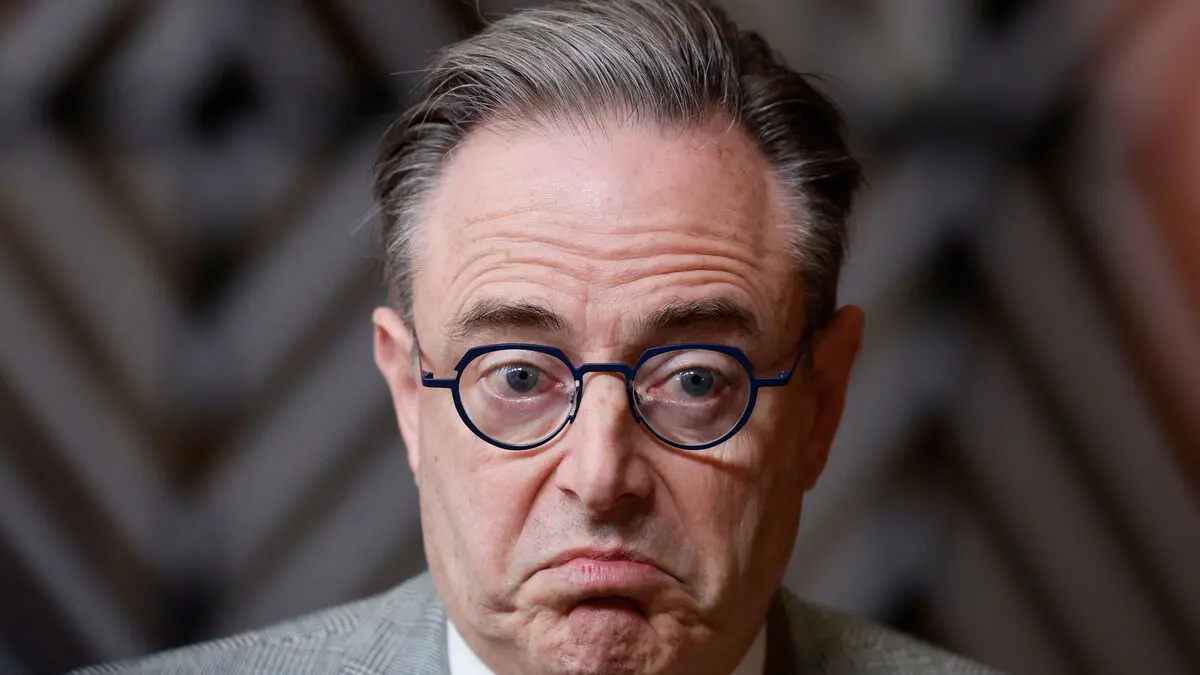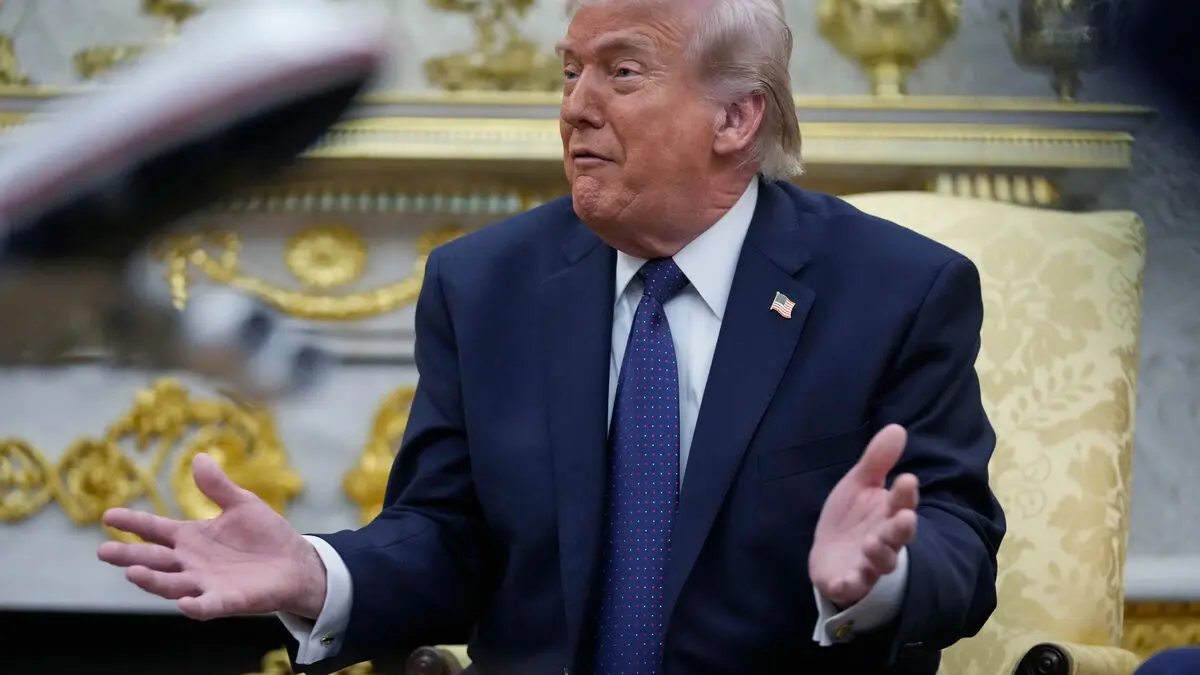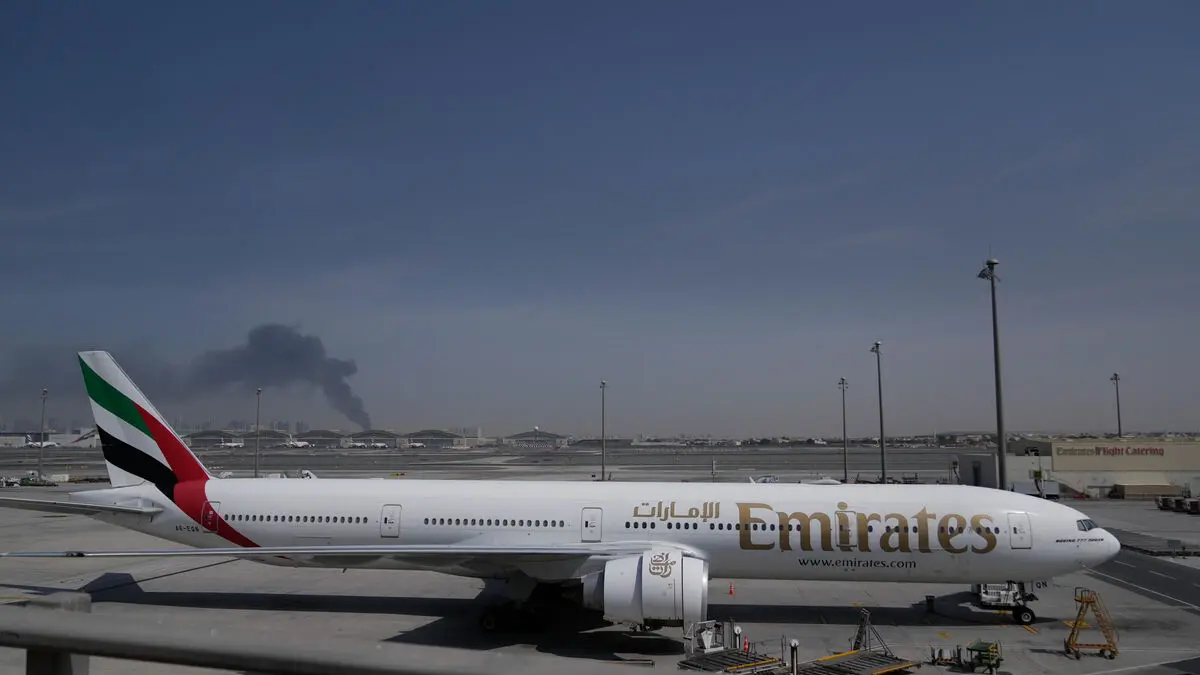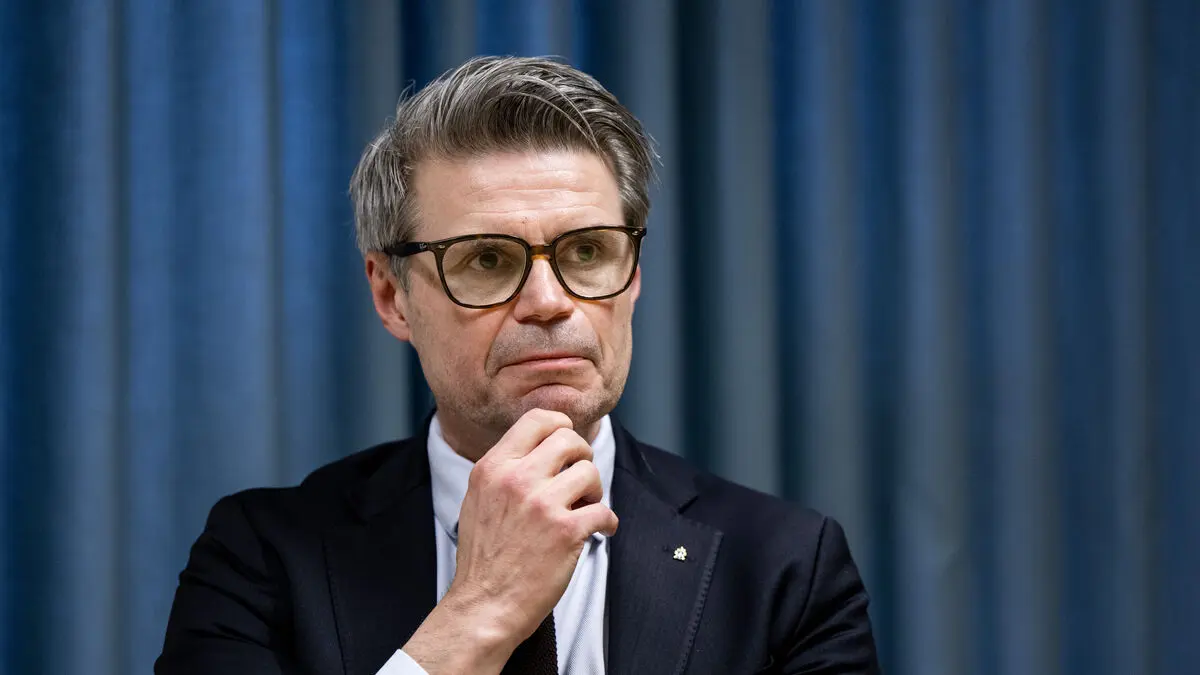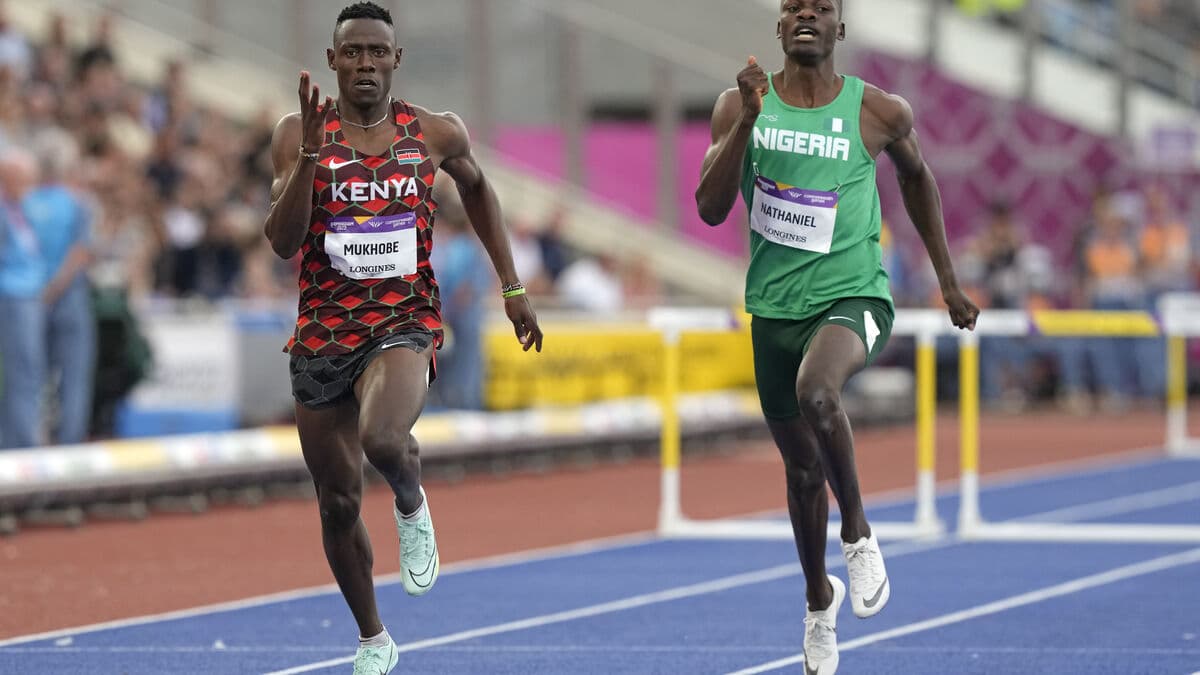EU Minister Jessica Rosencrantz (The Moderate Party) gives a positive picture of the agreement from the EU summit in Brussels.
Today, an important decision has been made to secure Ukraine's financing needs ahead and it is also morally important: to ensure that Russia is involved and pays for the damage and suffering they have caused in Ukraine, says Rosencrantz, who at a Swedish press conference is substituting for Prime Minister Ulf Kristersson (The Moderate Party) who is ill and has lost his voice.
The EU Commission will now "as soon as possible" work out proposals that EU countries can take a stand on. However, it is likely to continue to require in-depth discussions before everyone agrees.
Fear of damages
Prior to the meeting, it was mainly discussed that frozen Russian state assets worth billions of kronor can serve as security for extensive and favorable loans to Ukraine – a strategy that several major EU countries, including Sweden, supported.
But in the formal statement from the EU summit, they only ask the EU Commission for "alternatives for economic support based on an assessment of Ukraine's needs" – a much broader and more unspecific formulation than what was proposed from the beginning.
We agree on what needs to be done, we need to work on how it will happen... But the focus is on the frozen assets, emphasizes EU Commission President Ursula von der Leyen at the press conference afterwards.
The resistance comes mainly from Belgium, where the majority of the frozen Russian money in Europe is located, at the financial institution Euroclear.
Prime Minister Bart De Wever is worried that his country will be affected by Russian claims for damages, if the money is used as security for the loans to Ukraine. He demands, among other things, that EU countries share the risk and that frozen state assets in other countries should also be used.
Only solution?
Rosencrantz interprets it as Belgium and other hesitant countries now accepting that the EU Commission will come up with proposals.
I think that in the end, they realized that there is broad and strong support for this. And, as I said, it is a step on the way to then return to the issue in more detail, she notes.
– This is the solution that is on the table.
Ukraine's President Volodymyr Zelenskyj, who participated in part of the summit, welcomes the EU leaders' promises to "handle" Ukraine's economic needs for the next two years.
"An important unanimous decision", writes Zelenskyj on X.
Wiktor Nummelin/TT
Tina Magnergård Bjers/TT
Facts: EU summit in Brussels
TT
The 27 EU countries' heads of state and government held the first regular summit of the autumn on Thursday in Brussels. The meeting made no formal decisions, but instead provides guidance to the EU Commission.
Initially on the agenda was a meeting with Ukraine's President Volodymyr Zelenskyj, followed by an internal discussion on support for Ukraine.
During lunch, defense and security were discussed, followed by talks on competitiveness, regulatory simplifications, and climate issues, a working lunch on euro issues, and finally discussions on migration and the situation in the Middle East.

